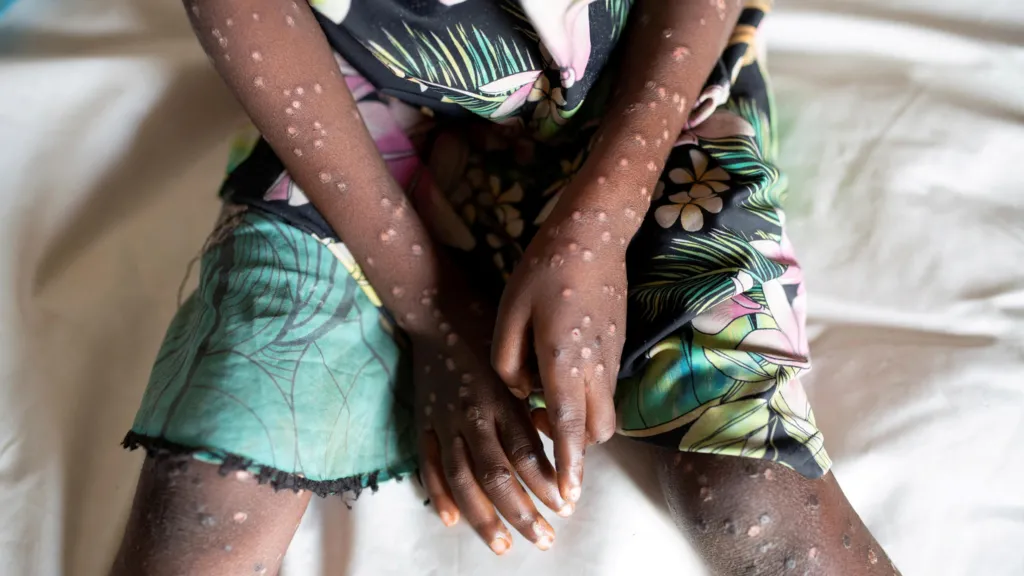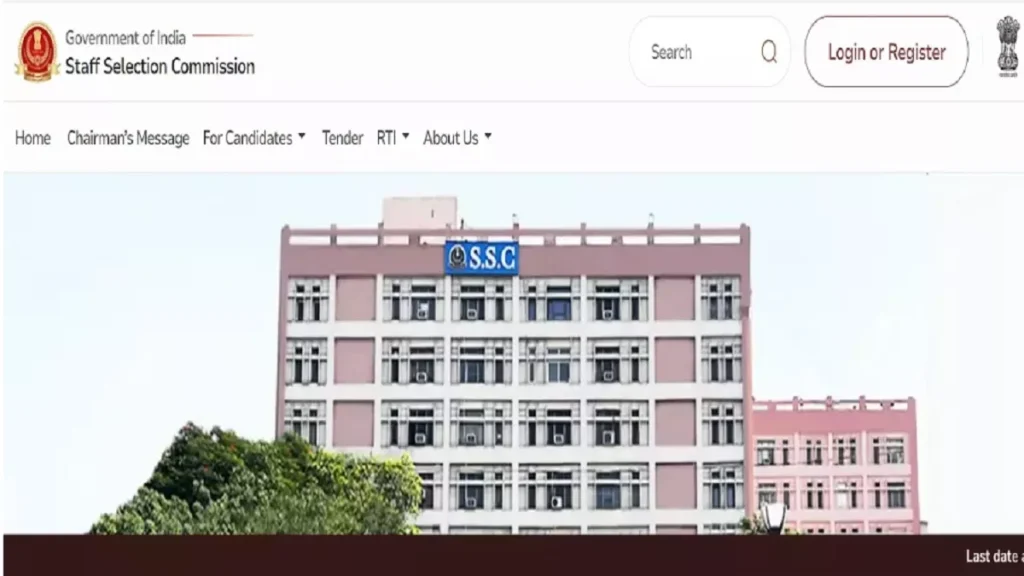On August 14, 2024, the World Health Organization (WHO) declared an outbreak of mpox, formerly known as monkeypox, a global public health emergency. This marks the second time in two years that the WHO has elevated mpox to this level of concern, emphasizing the rapid spread and potential impact of this viral disease. The resurgence of mpox, particularly in the Democratic Republic of the Congo (DRC) and its spread across 13 African countries, has prompted global health authorities to respond with heightened urgency.
What is Mpox?
Mpox is a zoonotic viral disease caused by the mpox virus, a member of the orthopoxvirus genus, which also includes the variola virus responsible for smallpox. Mpox was first identified in humans in 1970 in the DRC, and since then, it has primarily affected Central and West African countries. The disease is characterized by symptoms similar to smallpox, albeit generally less severe, including fever, rash, and swollen lymph nodes.
The Resurgence of Mpox
The recent declaration by WHO was driven by a surge in mpox cases in the DRC, where the virus has been endemic. However, the situation has escalated as cases have spread beyond the DRC to 13 other African nations. This spread has raised alarms due to the potential for the virus to reach epidemic proportions, not just within Africa but globally.
The WHO’s Director-General, Dr. Tedros Adhanom Ghebreyesus, emphasized the severity of the situation, pointing out that the virus is spreading in a way that suggests a mutation or a change in the virus’s behavior, making it more transmissible. The declaration of a public health emergency of international concern (PHEIC) is intended to mobilize resources, increase awareness, and prompt coordinated international action to prevent the further spread of the disease.
The Significance of a Global Health Emergency Declaration
A PHEIC is the highest level of alarm the WHO can raise, signaling that a public health threat requires an immediate and coordinated international response. The declaration triggers a set of legal obligations for WHO member states, including increased surveillance, reporting, and possibly travel restrictions to prevent the spread of the virus.
The declaration of mpox as a global health emergency indicates that the situation has reached a critical point. It underscores the potential for the virus to spread rapidly across borders, threatening not just individual countries but global public health.
Why is Mpox a Concern?
Several factors make the current mpox outbreak particularly concerning:
- Increased Transmissibility: The recent cases of mpox have shown a higher rate of transmission compared to previous outbreaks. This raises concerns about the potential for widespread outbreaks, particularly in regions with less robust healthcare infrastructure.
- Global Spread: The spread of mpox to 13 African countries indicates that the virus is no longer contained within a single region. This increases the risk of the virus reaching other continents, particularly through travel and trade.
- Lack of Immunity: Unlike smallpox, which was eradicated in 1980 following a global vaccination campaign, mpox has not been the focus of widespread vaccination efforts. This means that most of the global population is susceptible to the virus, particularly in regions where the virus is not endemic.
- Potential for Mutation: The mpox virus, like other viruses, has the potential to mutate. If the virus were to develop increased virulence or resistance to treatment, it could become significantly more dangerous.
WHO’s Response and Recommendations
In response to the outbreak, the WHO has issued several recommendations to member states:
- Increased Surveillance: Countries are urged to increase their surveillance for mpox cases, particularly in regions where the virus is not endemic. This includes testing individuals presenting with symptoms consistent with mpox, as well as monitoring potential animal reservoirs.
- Vaccination: The WHO has recommended that countries with mpox cases consider targeted vaccination campaigns, particularly for healthcare workers and other high-risk groups. There is currently no specific vaccine for mpox, but the smallpox vaccine has been shown to offer some protection.
- Public Health Messaging: The WHO has stressed the importance of clear and accurate public health messaging to prevent panic and ensure that the public is informed about the risks and prevention measures for mpox.
- International Cooperation: The declaration of a PHEIC also calls for increased international cooperation, including sharing information, resources, and expertise to combat the outbreak. This is particularly important in regions with weaker healthcare systems that may struggle to respond effectively to the outbreak.
The Impact of Mpox on Affected Regions
The resurgence of mpox has had significant impacts on the countries most affected by the outbreak, particularly in Africa. In the DRC, the outbreak has strained an already fragile healthcare system, which has been dealing with ongoing challenges such as Ebola and COVID-19. The spread of mpox to neighboring countries has also raised concerns about the potential for the virus to destabilize the region further.
In addition to the direct health impacts, the mpox outbreak has also had economic and social consequences. Travel restrictions and trade disruptions have affected economies already weakened by the COVID-19 pandemic. In some regions, fear and misinformation about the virus have led to social unrest and discrimination against those infected or suspected of being infected.
Global Implications of the Mpox Outbreak
The global implications of the mpox outbreak cannot be understated. The potential for the virus to spread beyond Africa and into other continents is a significant concern. The outbreak has highlighted the interconnectedness of global public health and the need for a coordinated international response to emerging health threats.
The declaration of a PHEIC for mpox also raises questions about global preparedness for pandemics. The COVID-19 pandemic exposed significant weaknesses in the global public health infrastructure, and the mpox outbreak has underscored the need for continued investment in pandemic preparedness and response.
The Role of Vaccination
One of the key tools in the fight against mpox is vaccination. While there is no specific vaccine for mpox, the smallpox vaccine has been shown to offer some protection. The WHO has recommended that countries with mpox cases consider targeted vaccination campaigns, particularly for healthcare workers and other high-risk groups.
However, there are significant challenges to implementing widespread vaccination campaigns, particularly in regions with limited healthcare infrastructure. The availability of vaccines, logistical challenges in distribution, and vaccine hesitancy are all barriers that must be addressed.
Addressing Misinformation and Stigma
As with any public health crisis, misinformation and stigma can exacerbate the impact of the outbreak. In the case of mpox, there has been significant misinformation about the virus, including misconceptions about how it spreads and who is at risk.
The WHO and other public health authorities have stressed the importance of clear and accurate public health messaging to combat misinformation and prevent panic. This includes providing the public with accurate information about the risks of mpox, how it spreads, and what can be done to prevent infection.
The Future of Mpox
The future trajectory of the mpox outbreak remains uncertain. While the declaration of a PHEIC is intended to mobilize resources and prompt international action, much will depend on the response of individual countries and the global community.
The key to controlling the outbreak will be early detection, effective response measures, and international cooperation. The lessons learned from the COVID-19 pandemic can and should be applied to the mpox outbreak to prevent it from reaching similar levels of impact.
Conclusion
The WHO’s declaration of mpox as a global public health emergency is a stark reminder of the ongoing threats posed by emerging infectious diseases. The current outbreak in Africa, coupled with the potential for global spread, has highlighted the need for continued vigilance, investment in public health infrastructure, and international cooperation.
As the world grapples with this latest health crisis, the importance of preparedness, clear communication, and coordinated action cannot be overstated. The response to mpox will not only determine the course of this outbreak but will also provide valuable lessons for future global health threats.




